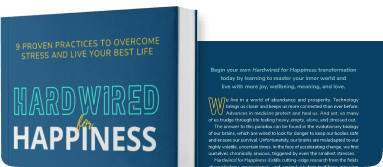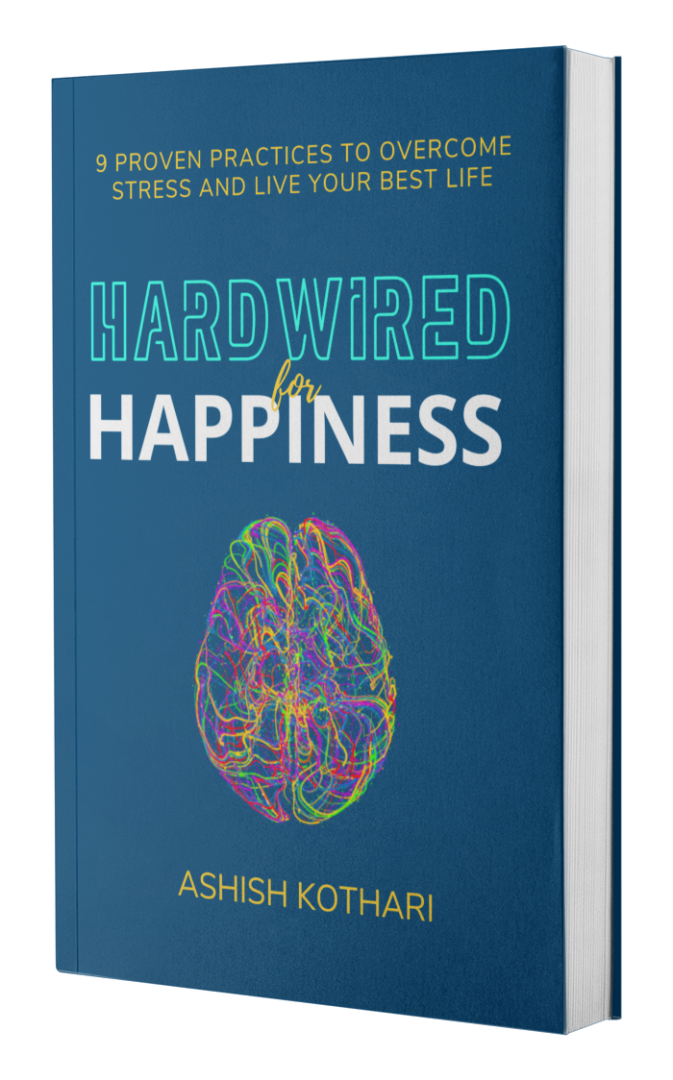
Leadership today isn’t what it used to be. The world is changing fast, and old ways of leading don’t work anymore. If you stick to the old rules, you might miss out on great opportunities and find it hard to connect with your team and the bigger world around you.

In this article, we’ll explore the concept of modern leadership and how we can apply it in today’s ever-changing world of work, together with Ashish Kothari and Andrew White, CEO of Transcend.Space.
“Listening is at the heart of change. If we can’t listen to the signs, the world is moving too fast, and we’ll be too slow to respond. We’ll be responding to what’s happening now, but by the time our change takes effect, the situation will have already evolved. We’ll always be playing catch-up.”
– Ashish Kothari
The Challenges of 21st Century Leadership
In the 21st century, leadership is undergoing a significant transformation, adapting to the unprecedented challenges of today’s world. Andrew points out that we’ve seen wave after wave of changes, including climate change, digitization, issues around people at work and flourishing, diversity, and inclusion. This is challenging the way people lead, Andre believes this calls for a new archetype of leadership: modern leadership.
In an era of disruption, we need more adaptability, especially in our leaders who now have an expanded responsibility. Leaders are being asked to do more than before, and they need to think more about their role in society, who they’re serving, and how to contribute and improve in the wake of today’s challenges.
Echoing these sentiments, Ashish points out that control doesn’t work in this environment any longer. So instead, leaders must shift their traditional way of thinking and approach to leadership in a human-centric way.
Human-Centric Approach to Leadership
A great way to embrace modern leadership is to approach is the human-centric way. Andrew believes that a human-centric approach builds something better for people, the planet, and the world. His research on transformation shows that putting people at the heart of any transformation effort significantly increases the likelihood of success. But how can you lead in a human-centric way?
First, have the humility to recognize your limitations and to use your power in service of something greater.
“Humility is an inner state of consciousness where you’re aware that you don’t have all the answers and recognize that any status or power you have is not for you, but in service of something greater.”
– Andrew White
Another great way to do this, as Andrew highlights, is through active listening.
The Importance of Active Listening Skills
It can’t be denied that active listening is a complex skill to master, especially in our busy world. True listening involves hearing, giving feedback, and engaging in a dialogue. The question is, how do you do that at scale? As leaders, it’s hard to listen to the thousands of people you lead, when you have an inner turmoil that demands to be heard. It’s crucial to identify these common barriers to listening so you know the key things you need to resolve:
- Mind Clutter – Andrew explains that our minds are naturally busy, filled with thoughts and distractions, making it hard to focus and truly listen.
- Electronic Overload – The influx of information from electronic devices multiplies our distractions tenfold, further challenging our ability to listen effectively.
- Leadership Expectations – Leaders often feel pressured to have all the answers. This expectation can hinder their ability to listen openly without preconceived notions.
- Trauma – Both Ashish and Andrew acknowledge that personal traumas, even minor daily stresses, can preoccupy our minds, affecting our listening skills.

Ashish explains that when we get so caught up in our own problems that we stop listening to others, it’s a sign that we have to empty our cup. This means we need to work on being more present, mindful, and curious to listen better. Luckily, in today’s world, we have technology that can help us become better leaders, especially when it comes to listening and communicating with people.
The Role of Personal Development and Mindfulness in Leadership
One of the biggest questions leaders have today is how to remain effective and clear-headed amidst the constant change. Leaders often struggle to balance the demands of their role with the need to maintain their own well-being and perspective. They are constantly required to adapt, which can be mentally and emotionally taxing. This is why personal development and mindfulness are a crucial part in modern leadership.

According to Andrew, leaders need to come back to a place of stillness, sometimes on a daily or hourly basis, through practice. Ashish supports this view, emphasizing that finding “stillness in motion” is crucial for leaders to manage the complexities they face.
Conclusion
The modern world demands a new kind of leader – one who is adaptable, clear-minded, and deeply empathetic. As you navigate the complexities of our times, remember to listen more than you speak, embrace change as an opportunity for growth, and cultivate well-being to enhance your leadership. By doing so, you’ll not only lead successfully but also inspire those around you to excel in this ever-evolving world.
Andrew White is a visionary in modern leadership, dedicated to understanding and shaping the role of business leaders in addressing global challenges. At Said Business School, he directs the Oxford Advanced Management and Leadership Programme, annually guiding 80 global leaders towards new strategic directions.
As the founder of Transcend.Space, Andrew works with purpose-driven leaders to foster positive change beyond profit. His insights extend to global leadership retreats, contributions to Harvard Business Review, Fast Company, a TEDx talk, a podcast, and his popular LinkedIn newsletter ‘Leadership 2050’ with over 5,000 subscribers.
Learn more about Andrew at his LinkedIn.
Listen to the podcast with Andrew and Ashish below.
Access and subscribe to all of the episodes of the Happiness Squad Podcast here.
Visit the REWIRE Program powered up by the HAPPINESS SQUAD Community and experience your shift within your 30-day risk-free trial today. Cultivate your Self-Awareness, Gratitude, Purpose, Community, and personal growth more through the 9 Hardwired for Happiness practices. Integrate simple and proven micro-practices grounded in the science of happiness and neuroscience of habit formation in 5 minutes a day.
Make Happiness Your Competitive Edge.


